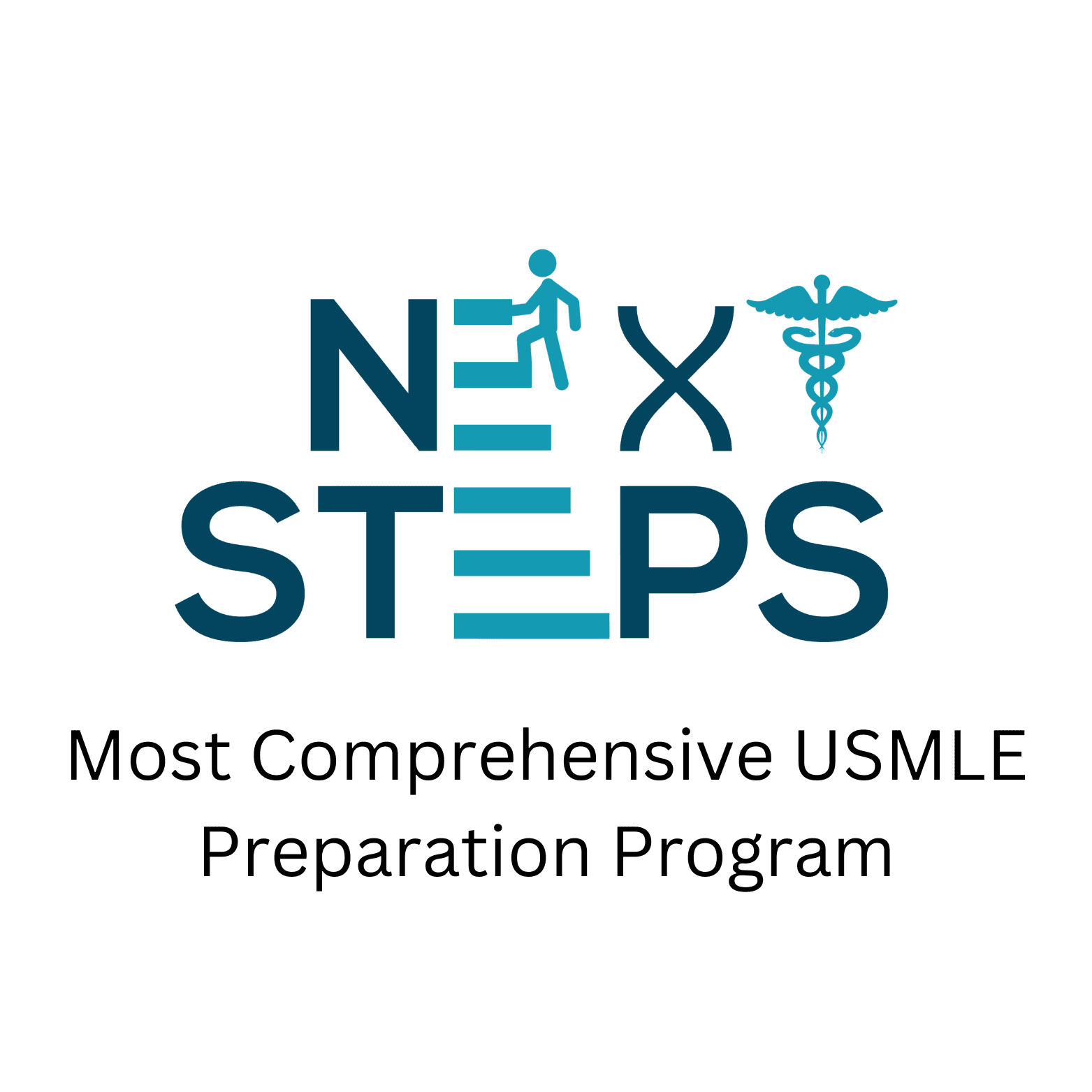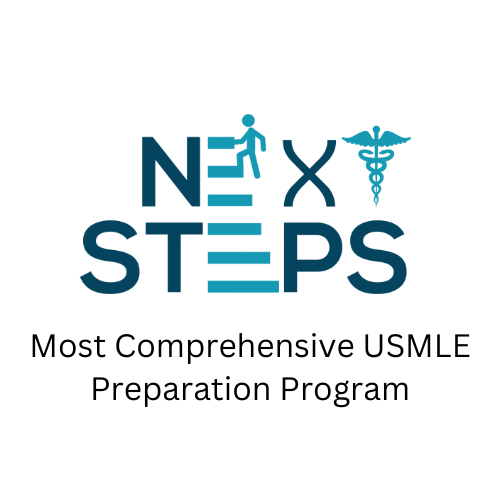Securing a residency spot in the United States is highly competitive, especially for International Medical Graduates (IMGs). One of the key components that can significantly enhance an IMG’s application is the US Clinical Experience (USCE). But what exactly do program directors seek from USCE? Understanding these expectations can help you make the most of your clinical experience and strengthen your residency application.
Importance of US Clinical Experience (USCE)
USCE provides IMGs with exposure to the American healthcare system, including its clinical practices, patient care protocols, and cultural nuances. This experience is invaluable not only for gaining practical skills but also for demonstrating your commitment to practicing medicine in the U.S. Here’s what program directors typically seek from your USCE:
1. Familiarity with the U.S. Healthcare System
Adaptability and Integration: Program directors look for candidates who have shown the ability to adapt to the U.S. healthcare system. This includes understanding electronic health records (EHR), adhering to patient care standards, and navigating the interdisciplinary approach prevalent in U.S. hospitals.
Example: You might have learned how to use the EPIC EHR system during your USCE, which shows your ability to integrate into the technological framework of many U.S. hospitals.
2. Clinical Competence and Skills
Hands-On Experience: While observerships and externships can vary in terms of hands-on opportunities, having direct patient care experience where you’ve performed procedures, taken patient histories, and developed treatment plans is highly valuable.
Example: During your externship, you might have managed diabetic patients’ treatment plans, demonstrating your practical skills and clinical decision-making.
3. Communication Skills
Patient Interaction: Effective communication with patients is crucial. Program directors seek candidates who can engage with patients empathetically and clearly explain medical conditions and treatment options.
Team Collaboration: Being able to communicate effectively with the healthcare team is also important. This includes presenting cases, discussing patient management strategies, and participating in rounds.
Example: You could highlight an instance where you effectively communicated a complex diagnosis to a patient and their family, ensuring they understood the treatment plan and follow-up steps.
4. Professionalism and Work Ethic
Reliability and Responsibility: Program directors appreciate candidates who demonstrate a strong work ethic, punctuality, and the ability to take responsibility for their actions. Being reliable in completing tasks and following through on patient care is critical.
Example: You might mention how you consistently arrived early for your rotations and took the initiative to follow up on patient lab results, showing your dedication and responsibility.
5. Cultural Competence
Understanding Diversity: The U.S. healthcare system serves a diverse patient population. Program directors value candidates who can effectively interact with patients from various cultural backgrounds and understand the social determinants of health.
Example: During your USCE, you may have worked with patients from different cultural backgrounds and adapted your communication style to meet their needs, showcasing your cultural competence.
6. Ability to Work in a Team
Collaborative Skills: Residency involves working in multidisciplinary teams. Program directors look for evidence of your ability to collaborate with nurses, fellow residents, attending physicians, and other healthcare professionals.
Example: You might discuss a case where you collaborated with a pharmacist and a social worker to create a comprehensive discharge plan for a patient, highlighting your teamwork skills.
7. Positive Attitude and Enthusiasm
Eagerness to Learn: A positive attitude and enthusiasm for learning are crucial traits. Program directors favor candidates who are eager to learn and actively seek out educational opportunities during their USCE.
Example: You could describe how you regularly attended educational seminars and sought feedback from mentors during your USCE, demonstrating your commitment to continuous learning.
8. Letters of Recommendation
Strong Endorsements: USCE often leads to letters of recommendation from U.S. physicians. Program directors look for strong letters that speak to your clinical abilities, professionalism, and fit for residency.
Example: If you received a glowing letter of recommendation from a renowned specialist who supervised you, it can significantly bolster your application by providing credible evidence of your qualifications.
Conclusion
Understanding what program directors seek from USCE can guide you in making the most of your clinical experiences. Focus on gaining hands-on experience, developing strong communication and teamwork skills, and demonstrating professionalism and cultural competence. By aligning your USCE with these expectations, you can enhance your residency application and improve your chances of securing a residency position in the U.S. Good luck on your journey to becoming a successful medical professional!





